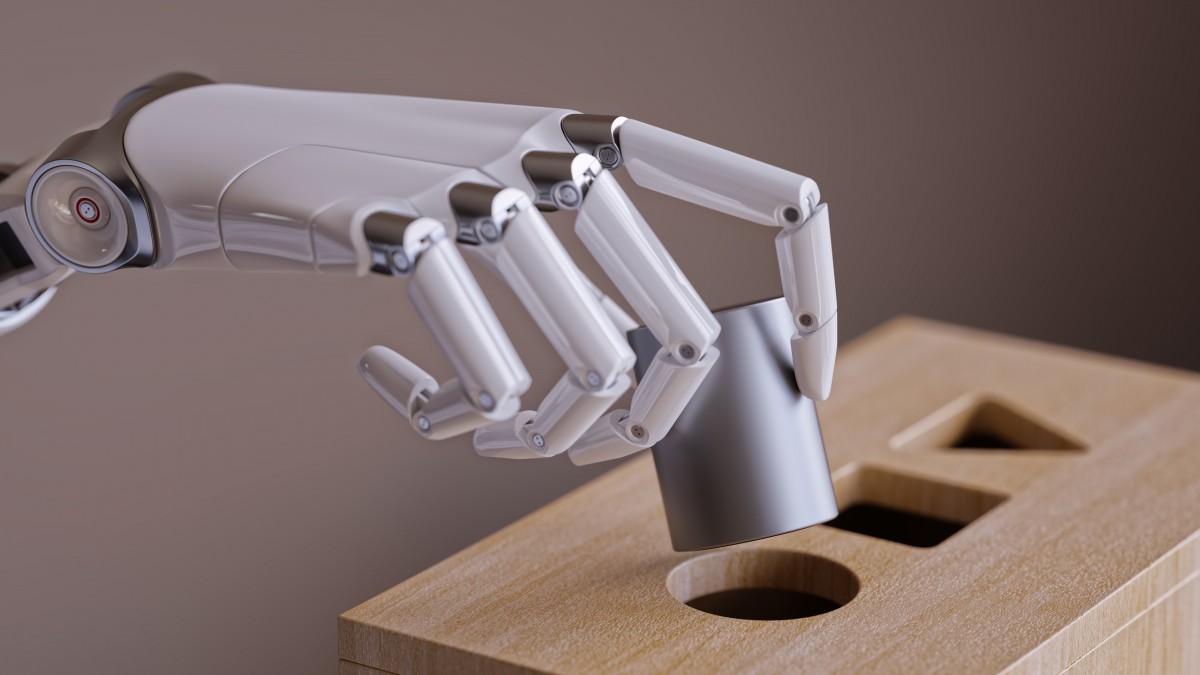People have more trust in robots than their managers, according to the second annual AI at Work study conducted by Oracle and Future Workplace, a research firm preparing leaders for disruptions in recruiting, development and employee engagement. The study of 8,370 employees, managers and HR leaders across 10 countries, found that AI has changed the relationship between people and technology at work and is reshaping the role HR teams and managers need to play in attracting, retaining and developing talent.
AI is Changing the Relationship Between People and Technology at Work
Contrary to common fears around how AI will impact jobs, employees, managers and HR leaders across the globe are reporting increased adoption of AI at work and many are welcoming AI with love and optimism.
- AI is becoming more prominent with 50 percent of workers currently using some form of AI at work compared to only 32 percent last year. Workers in China (77 percent) and India (78 percent) have adopted AI over 2X more than those in France (32 percent) and Japan (29 percent).
- The majority (65 percent) of workers are optimistic, excited and grateful about having robot co-workers and nearly a quarter report having a loving and gratifying relationship with AI at work.
- Workers in India (60 percent) and China (56 percent) are the most excited about AI, followed by the UAE (44 percent), Singapore (41 percent), Brazil (32 percent), Australia/New Zealand (26 percent), Japan (25 percent), U.S. (22 percent), UK (20 percent) and France (8 percent).
- Men have a more positive view of AI at work than women with 32 percent of men optimistic vs. 23 percent of women.
Workers Trust Robots More Than Their Managers
The increasing adoption of AI at work is having a significant impact on the way employees interact with their managers. As a result, the traditional role of HR teams and the manager is shifting.
- 64 percent of people would trust a robot more than their manager and half have turned to a robot instead of their manager for advice.
- Workers in India (89 percent) and China (88 percent) are more trusting of robots over their managers, followed by Singapore (83 percent), Brazil (78%), Japan (76 percent), UAE (74 percent), Australia/New Zealand (58 percent), U.S. (57 percent), UK (54 percent) and France (56 percent).
- More men (56 percent) than women (44 percent) have turned to AI over their managers.
- 82% of people think robots can do things better than their managers.
- When asked what robots can do better than their managers, survey respondents said robots are better at providing unbiased information (26 percent), maintaining work schedules (34 percent), problem solving (29 percent) and managing a budget (26 percent).
- When asked what managers can do better than robots, workers said the top three tasks were understanding their feelings (45 percent), coaching them (33 percent) and creating a work culture (29 percent).
AI is Here to Stay: Organizations Need to Simplify and Secure AI to Stay Competitive
The impact of AI at work is only just beginning and in order to take advantage of the latest advancements in AI, organizations need to focus on simplifying and securing AI at work or risk being left behind.
- 76 percent of workers (and 81 percent of HR leaders) find it challenging to keep up with the pace of technological changes in the workplace.
- Workers want a simplified experience with AI at work, asking for a better user interface (34 percent), best practice training (30 percent) and an experience that is personalized to their behavior (30 percent).
- Security (31 percent) and privacy (30 percent) are the main concerns preventing workers from using AI at work.
- Digital natives Gen Z (43 percent) and Millennials (45 percent) are more concerned about privacy and security at work than Gen X (29 percent) and Baby Boomers (23 percent).




